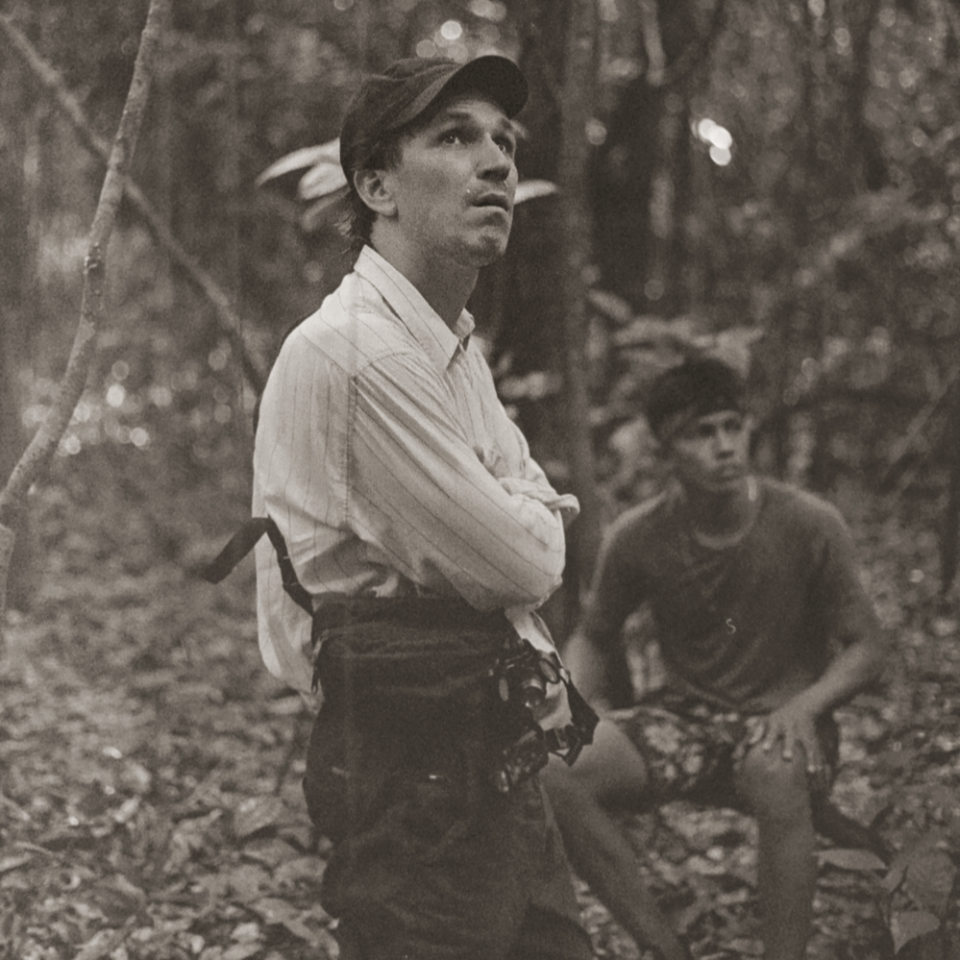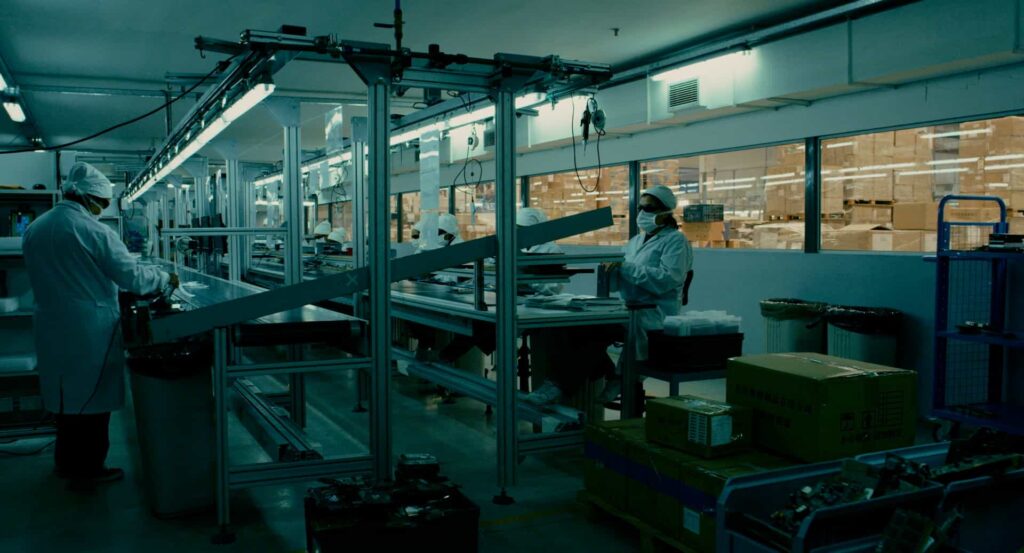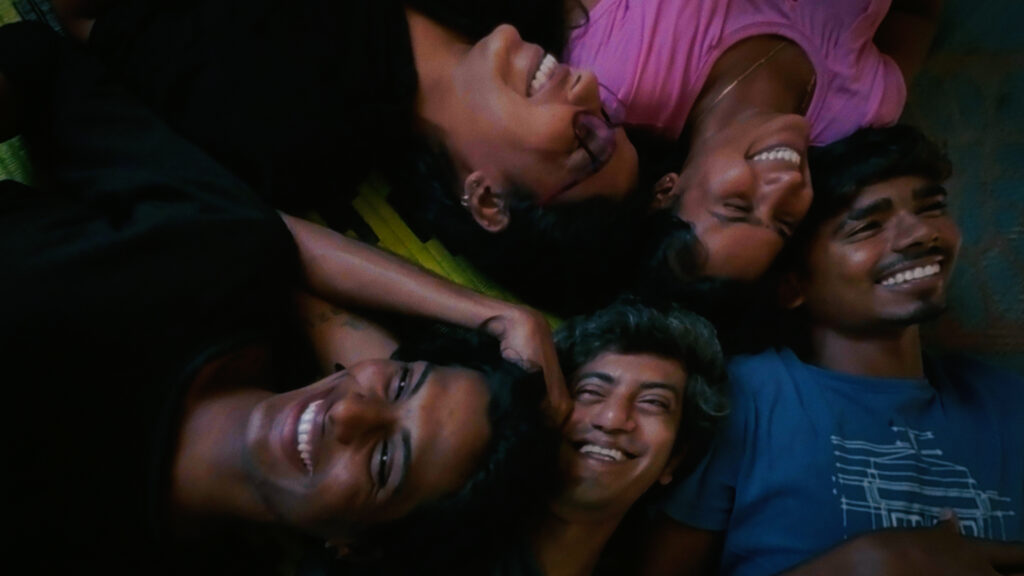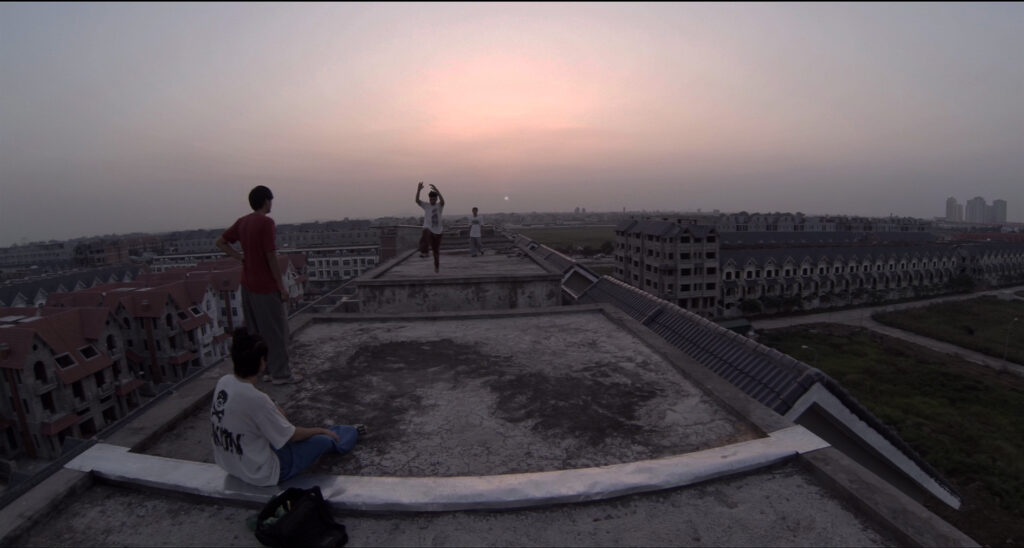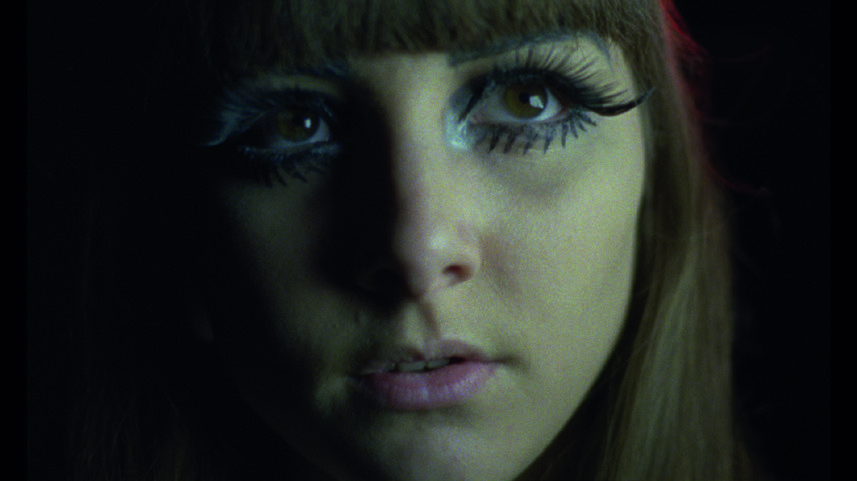Eduardo Williams
Eduardo “Teddy” Williams (b. 1987) is an Argentine filmmaker and artist whose works explore a fluid mode of observation, looking for shared relations and spontaneous adventures within physical and virtual networks. He studied at the Universidad del Cine in Buenos Aires, before joining Le Fresnoy – Studio national des arts contemporains in France. His works have screened widely at festivals including Cannes, FID Marseille, and Toronto International Film Festival. His first feature, El auge del humano (2016) won the Pardo d’oro at Filmmakers of the Present at the 69th Locarno Film Festival. Retrospectives have taken place at the Cinémathèque française, Paris, and Valdivia International Film Festival in Chile, amongst others.
Filmography
Un gif larguísimo (A very long gif) (2022), Parsi (Eduardo Williams, Mariano Blatt) (2018), El auge del humano (The human surge) (2016), Tôi quên rôi! (I forgot!) (2014), Que je tombe tout le temps? (That I’m falling?) (2013), Pude ver un puma (Could see a puma) (2011)


